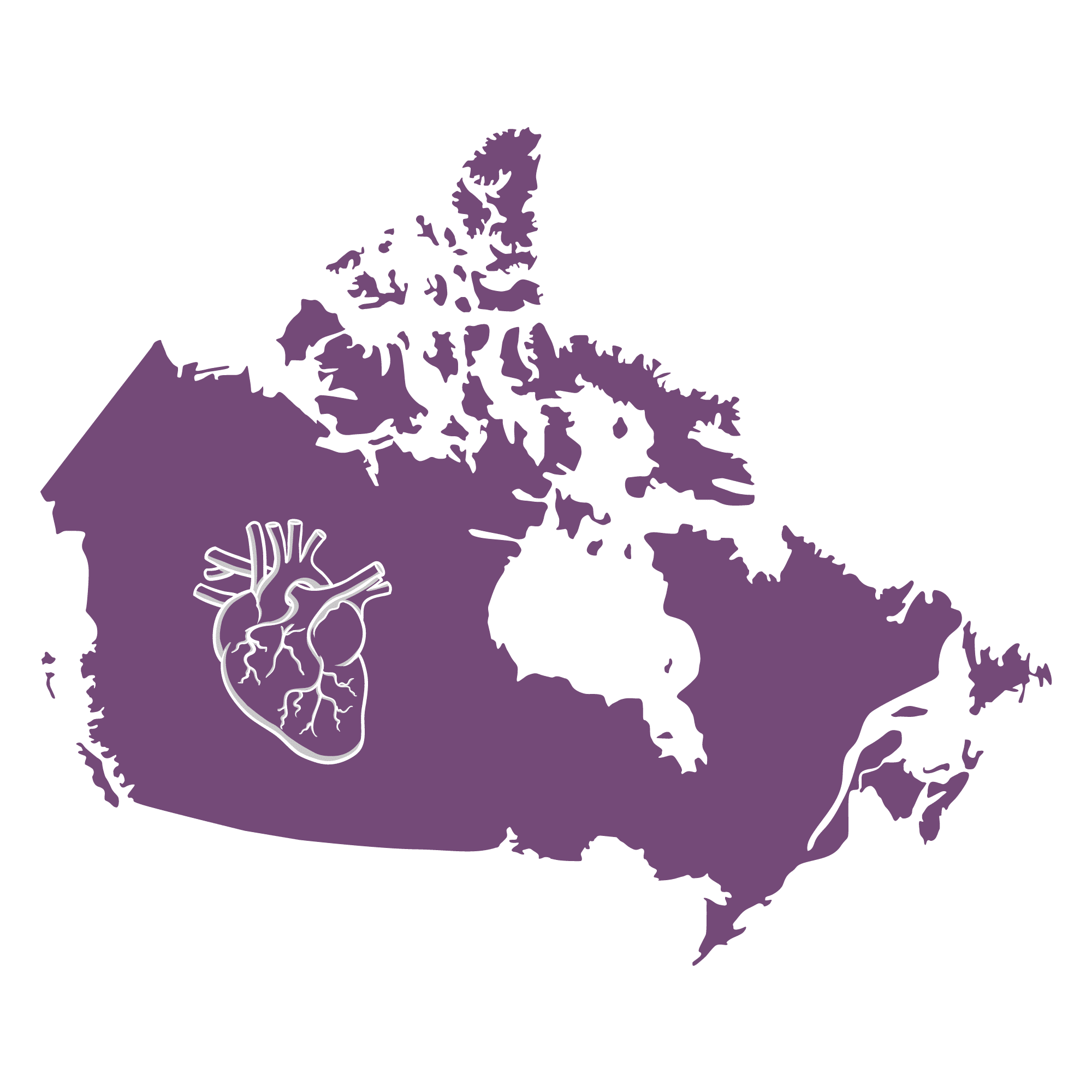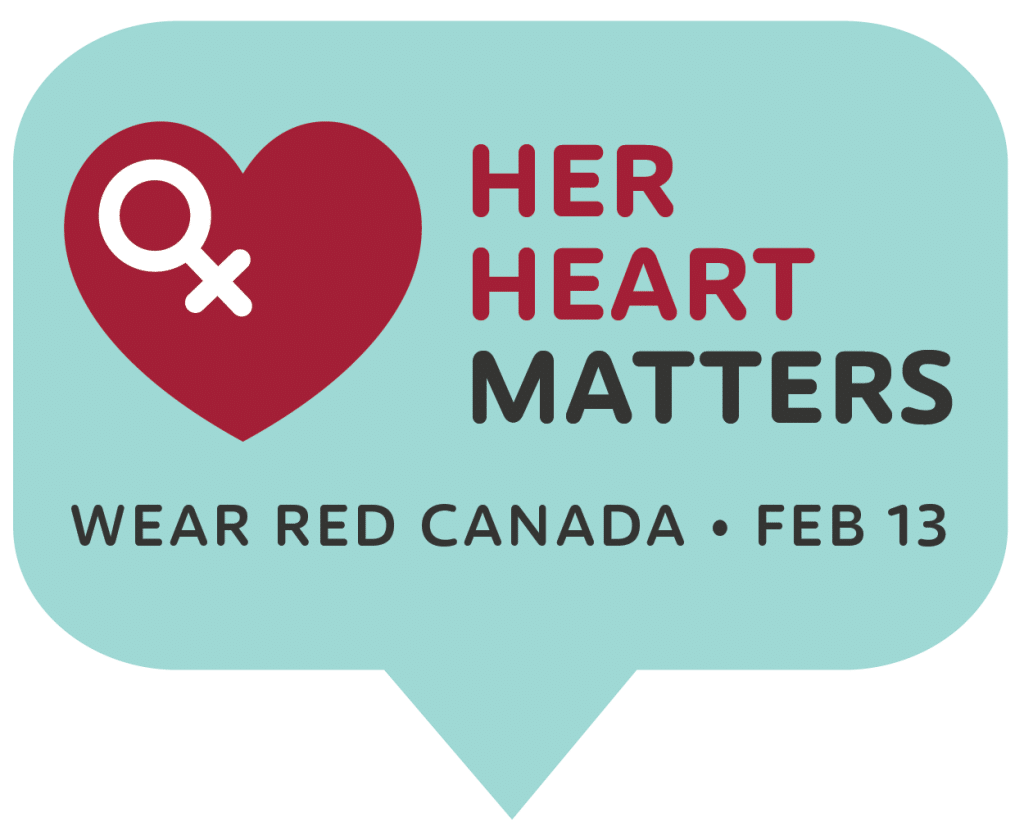The Canadian Women's Heart Health Alliance (CWHHA)
Supporting Women's Heart and Vascular Health in Canada
The Canadian Women’s Heart Health Alliance (CWHHA) is a volunteer network of experts and advocates aiming to improve women’s cardiovascular health across the lifespan.

Who We Are
Who We Are

CWHHA is Recognized as Canada’s Cardiovascular Health Hub for Women
The Canadian Women’s Heart Health Alliance (CWHHA) is a national network of over 300 clinicians, scientists, health professionals, administrators, and persons with lived and living experience (PWLLEs) dedicated to improving women’s heart health at every stage of life.
We work to improve women’s heart and vascular health through advocacy, research, education, and policy, while amplifying women’s voices, building connections, and inspiring future leaders.
10 Provinces
Researchers
Research Trainees
Heart disease is on the rise and is the leading cause of death for women worldwide
Start the conversation about why #HerHeartMatters
Wear Red Canada
Wear Red Canada is celebrated annually across the country on February 13 to raise awareness for women’s heart and vascular health.

Learn more about the campaign
Explore templates and support materials
Find events near you
Kind Words From Our Team Members
As a clinician, being part of the CWHHA keeps me connected to the latest evidence and resources to better support the women in my care. The shared expertise across disciplines helps me translate research into practice and I’ve found a real community of peers equally committed to closing the gender gap in cardiovascular health.
- Tara Sedlak, MD, FRCPC, MBA
Cardiologist, Vancouver, BC
Joining the CWHHA as a medical student at Western University has deepened my understanding of how sex and gender intersect with cardiovascular health, particularly within South Asian communities. As an Internal medicine resident now, I am grateful for being able to integrate this knowledge on sex and gender differences in cardiovascular health to improve patient care in the hospital.
- Jayneel Limbachia, MD, MSc
PGY-1 Internal Medicine, Brampton, ON
Becoming part of the CWHHA gave me purpose after my diagnosis of heart failure and going on long term disability I’ve been able to share my story, connect with others who are also living with a diagnosis of heart failure or heart disease, and help drive change. My voice matters here, whether it’s shaping research, raising awareness, or advocating for better care.
- Jackie Ratz
Person with lived and livng experience (PWLLE), Winnipeg, MB
Sex, Gender, and Cardiovascular Health in Canada
Sex and gender are connected but not the same. Sex refers to biology, like hormones and chromosomes, while gender relates to identity, roles, and lived experience.
The CWHHA recognizes that both sex and gender affect how people learn about heart health, seek care, and how health professionals diagnose and treat cardiovascular conditions in Canada.




